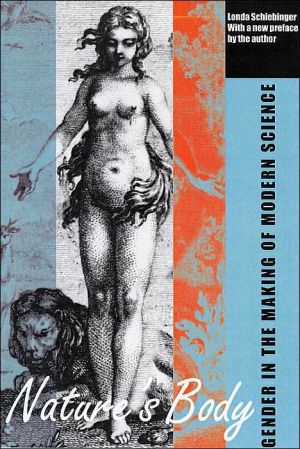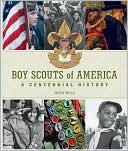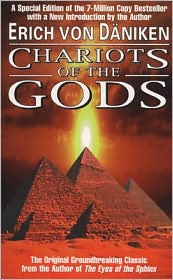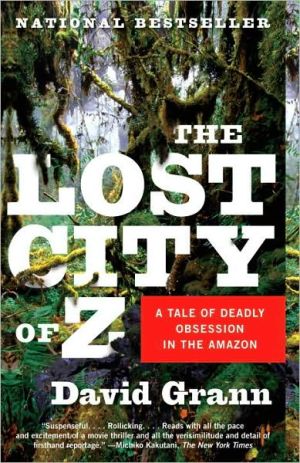Nature's Body: Gender in the Making of Modern Science
Winner of the Ludwik Fleck Book Prize, Society for Social Studies of Science, 1995\ Eighteenth-century natural historians created a peculiar, and peculiarly durable, vision of nature—one that embodied the sexual and racial tensions of that era. When plants were found to reproduce sexually, eighteenth-century botanists ascribed to them passionate relations, polyandrous marriages, and suicidal incest, and accounts of steamy plant sex began to infiltrate the botanical literature of the day....
Search in google:
"Eighteenth-century natural historians created a peculiar, and peculiarly durable, vision of nature - one that embodied the sexual and racial tensions of that era. When plants were found to reproduce sexually, eighteenth-century botanists ascribed to them passionate relations, polyandrous marriages, and suicidal incest, and accounts of steamy plant sex began to infiltrate the botanical literature of the day. Naturalists also turned their attention to the great apes just becoming known to eighteenth-century Europeans, clothing the females in silk vestments and training them to sip tea with the modest demeanor of English matrons, while imagining the males of the species fully capable of ravishing women." Written with humor and meticulous detail, Nature's Body draws on these and other examples to uncover the ways in which assumptions about gender, sex, and race have shaped scientific explanations of nature. Schiebinger offers a rich cultural history of science and a timely and passionate argument that science must be restructured in order to get it right. Library Journal This historical study explores the influence of sex roles in the development of modern science, much of which has been defined by the science of the 18th century; today's names, viewpoints, and approaches reflect the sexual and racial prejudices of 18th-century European men. Schiebinger ( The Mind Has No Sex , LJ 11/1/89) looks closely at a few illustrative cases, including botanists' use of erotic language to describe plant reproduction, Linneaus's decision to name a group of animals mammals even though breasts are not the most prominent unifying characteristic, and the discovery of apes and how scientists defined their relationship to human males and females. She concludes with a very good discussion of 18th-century perceptions of race and sex roles. Highly recommended for all libraries.-- Eric D. Al bright, Galter Health Sciences Lib., Northwestern Univ., Chicago
Ch. 1The private lives of plants11Ch. 2Why mammals are called mammals40Ch. 3The gendered ape75Ch. 4The anatomy of difference115Ch. 5Theories of gender and race143Ch. 6Who should do science?184Nature's body wronged201
\ Library JournalThis historical study explores the influence of sex roles in the development of modern science, much of which has been defined by the science of the 18th century; today's names, viewpoints, and approaches reflect the sexual and racial prejudices of 18th-century European men. Schiebinger ( The Mind Has No Sex , LJ 11/1/89) looks closely at a few illustrative cases, including botanists' use of erotic language to describe plant reproduction, Linneaus's decision to name a group of animals mammals even though breasts are not the most prominent unifying characteristic, and the discovery of apes and how scientists defined their relationship to human males and females. She concludes with a very good discussion of 18th-century perceptions of race and sex roles. Highly recommended for all libraries.-- Eric D. Al bright, Galter Health Sciences Lib., Northwestern Univ., Chicago\ \








